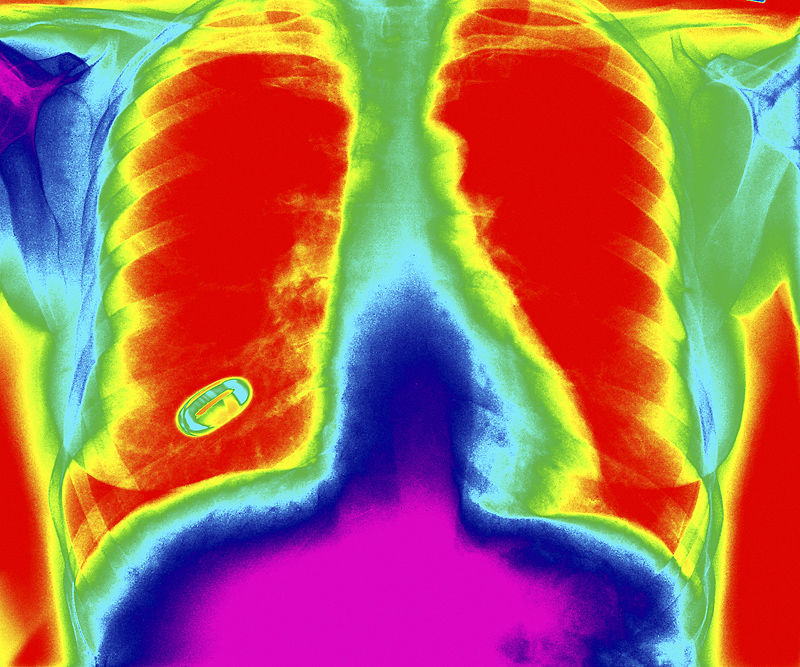
TUESDAY, May 15 (HealthDay News) — Patient education and medication compliance contributed to a 74 percent drop in the number of patients with life-threatening asthma admitted to the intensive care unit at University Hospital in San Antonio, Texas, researchers report.
Their review of 30 years of hospital data focused on patients with severe asthma who didn’t respond to standard inhalers.
They found that there were 227 patients admitted to the intensive care unit (ICU) with 280 episodes of life-threatening asthma between 1980 and 2010. One patient died, but the death was from a different cause after the patient’s asthma improved, according to the team at the University of Texas Health Science Center at San Antonio.
“The main reason for the decline in cases is that more of our patients are taking their controller medications, such as inhaled corticosteroids, which reduce the amount of inflammation in the airways,” lead author Dr. Jay Peters, chief of pulmonary diseases at the Health Science Center, said in a university news release.
The researchers also found that insertion of a breathing tube, called intubation, when patients arrived in the emergency department did not lead to longer hospital stays.
“I think our methods of treating patients in the emergency department have improved so much that previous studies of issues with intubation don’t hold up anymore,” Peters said.
The study appears in the journal Respiratory Medicine.
“On the front end, this study reinforces the importance of staying on controller medications,” he said. “On the back end, it shows low mortality for patients in the medical ICU and that we don’t need to be afraid to intubate patients and place them on mechanical ventilation if necessary.”
More information
The U.S. National Heart, Lung, and Blood Institute has more about asthma.

